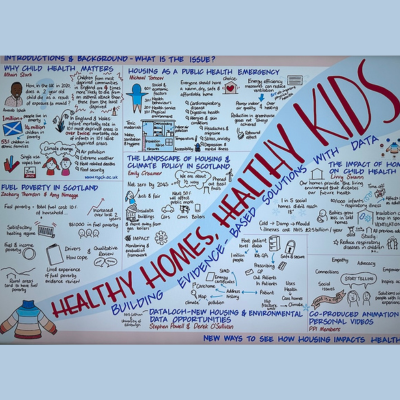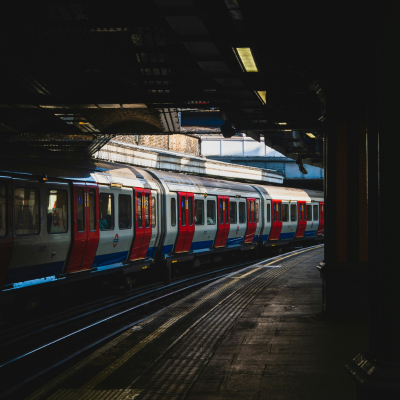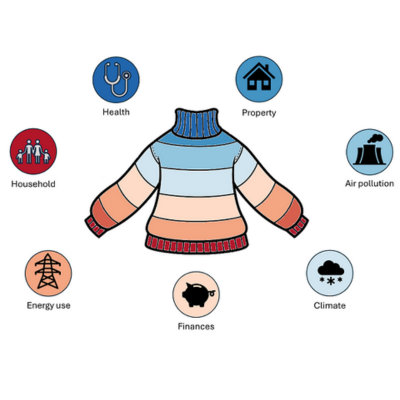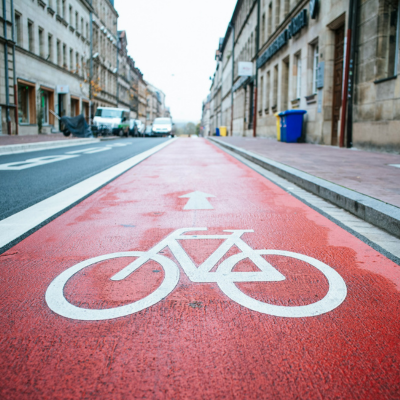For a city to become 'smart' there must be in place a constant cycle of innovation and iteration whilst never losing sight of citizen benefits, which is the primary motivation for success.

With this is mind, Urban Tide presents the following 5 case studies of remarkable and effective initiatives that inform future practices along the road to smarter and more connected urban spaces.
1: Parking in Barcelona
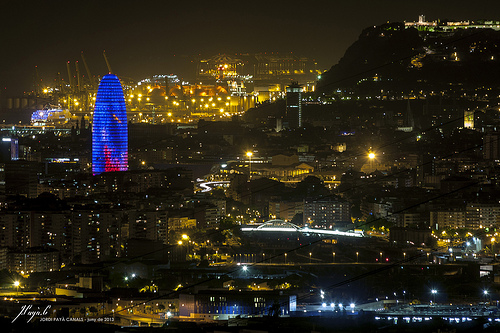
A favourite statistic we have at Urban Tide is that 40% of traffic in city centre areas is caused by drivers looking for parking spaces. This gridlocked inertia is a universal frustration creating increased congestion, noise and pollution in areas where citizens live and work. Barcelona employed smart technology to cure this particular ill.
By utilising display panels and by embedding sensors in free parking spaces, alongside apps that allow the information to be received and payment to be managed, the Catalonian capitol has managed to reduce wasted time, facilitate fluid traffic flow through the city and reduce the petrol use, a benefit to the environment. No doubt noise pollution was cut as well!
2: Waste Management in Sweden
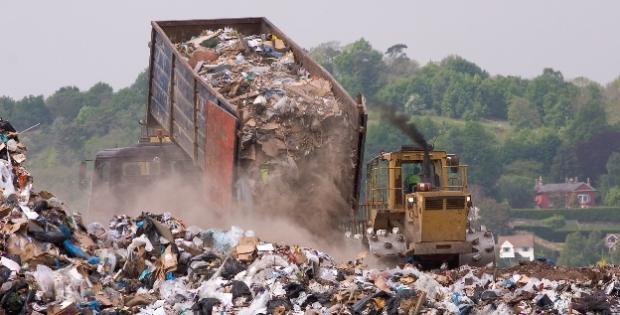
Less than 1% of Sweden's rubbish goes to landfill.
The Swedes integrated recycling as part of their everyday lives and that which cannot be recycled is sent to incineration plants. Their waste management system sees 50% of the country's annual 4.4 million tonnes of rubbish recycled and 50% of that rubbish is devoted to energy recovery at incineration plants. The heat from the incineration plants is used to power Swedish homes. For example, in Helsingborg, 40% of homes are heated via this recovered energy.
This recovered energy is attached with the plants operating at only half capacity, creating an unusual market: the UK has begun to impose heavier taxes on landfill sites, leading to an agreement to export rubbish to Sweden.
Any carbon footprint concerns can be assuaged with the assertion that Sweden's incineration plants are at half the allowed emissions quota set by the Swedish authorities.
The long-term solution is to be more efficient and sustainable as a species, ultimately producing significantly less waste; however, this is exactly the sort of initiative that will provide the foundation that future innovation will need to succeed.
Read more on this fantastic initiative here.
3: Smart Housing in Hamburg
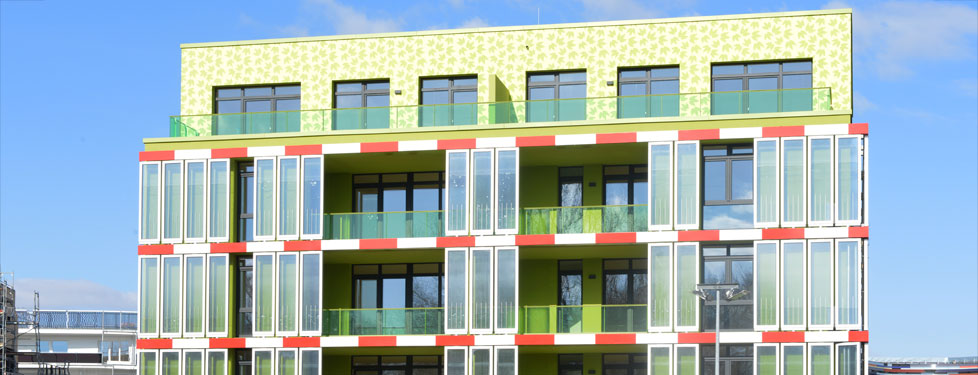
Hamburg is home to the "first building in the world to have a bioreactor facade".
In a fantastic piece of innovation, the cladding of the house provides aesthetic insulation and protection from the elements whilst cultivating algae that can be turned into huge levels of biogas.
Biogas can be used as a fuel or for heating purposes such as for cooking. It can also be stored in a gas engine that converts it into electricity and heat, amongst many other uses.
Light, water and C02 are provided and the algae get to work photosynthesising (a process you can watch from your balcony) and therefore helping to eventually create five times the amount of biogas that can be derived from soil-based plants. The light that the algae don't use is captured by solar panels and converted into heat which is either used or stored for use by the properties.
It is an absolutely fascinating concept and we urge you to have a look here.
4: Amsterdam - The Sunlit Road
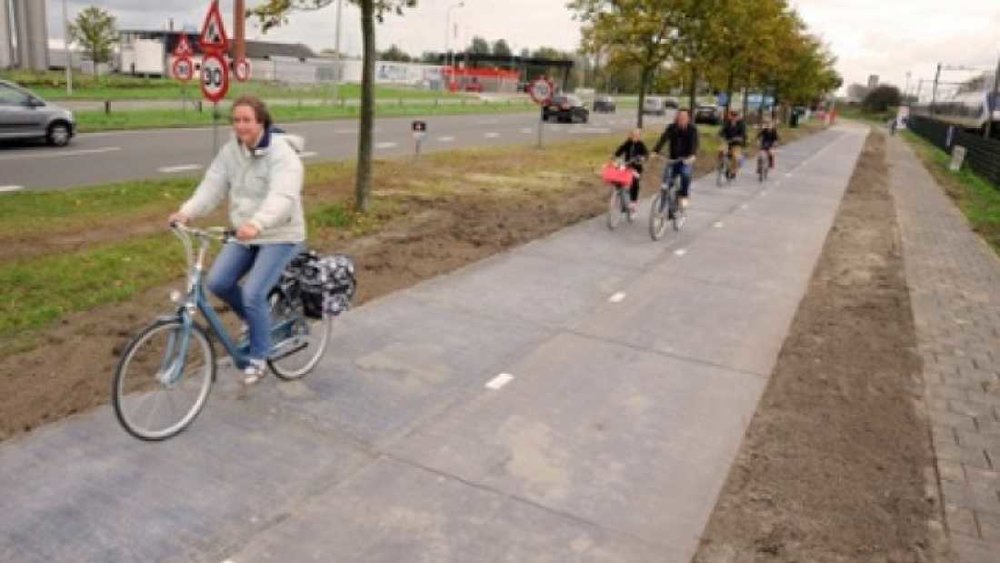
TNO Research Institute in Amsterdam is running an interesting solar cyclepath pilot in the Krommenie and Wormerveer areas of the city.
The 70-metre stretch of pathway receives around 2,000 cyclists a day and although the pathway doesn't seem very long, when it is extended to 100 metres in 2016, the energy generated from the pathway could be enough to power two to three homes. The potential from there speaks for itself and should the initiative be successful, TNO believes that up to 20% of the Netherlands’ 140,000 kilometers of road surface could be converted into solar roads "which could rake in a lot of energy".
The panels are skid resistant, self cleaning and withstand the weight of solid steel balls being dropped on them; however, due to their location, the amount of energy stored and generated is around 30% less than panels mounted on roof tops. There is also the issue of outlay. This initiative costs €3 million. Fortunately, the cost will come down over time as further discovery, innovation and standardisation is performed.
Read more about the pilot here.
5: Songdo - Smart City from Scratch
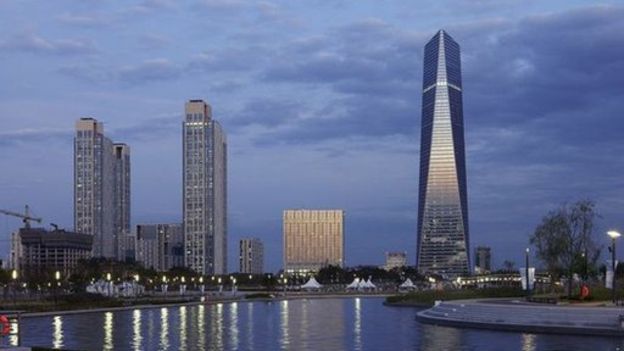
Some pilots are more ambitious than others. Building an entirely new smart city from the ground up probably represents as high as you can aim. But that is exactly what South Korea did with Songdo.
It has so far cost $40 billion and comprises an area of the Incheon Free Economic Zone. It is entirely privately owned, making it the largest private real estate investment in history.
80% of Songdo's funding is earmarked for green technology and it is the second city in the world to have all of its major buildings on a par or below the levels set by the green energy certification, LEED (Leadership in Energy and Environmental Design).
Despite this, the city is not totally without opposition. It is built from reclaimed land, causing some environmentalists to lament the loss of tidal flats important for that particular ecosystem.
Then again, Songdo does have a primary focus on sustainability. 40% of the area is reserved for open space; there are numerous charging stations for electric cars around the city and a waste collection service that altogether eliminates the need for rubbish lorries.
What Songdo helps us realise is that there is no project too big or too small for 'smart'.
Read more on the keystone smart city project here.
